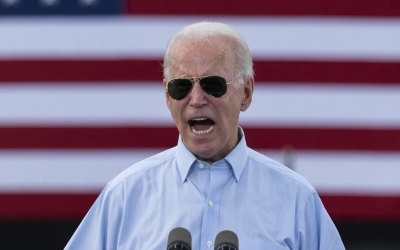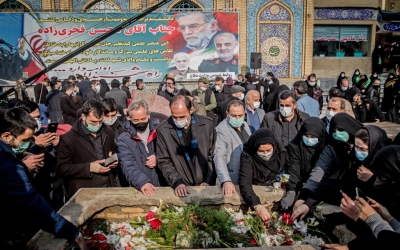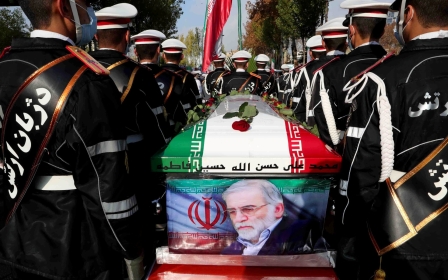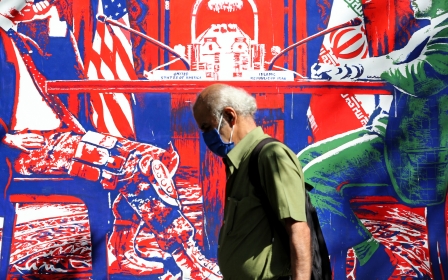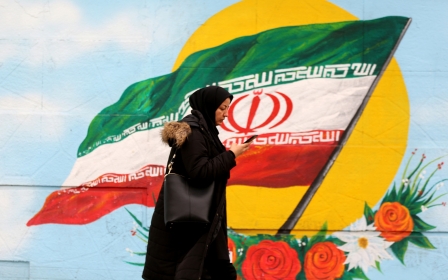Iran’s Rouhani says return to nuclear deal ‘just needs a signature’
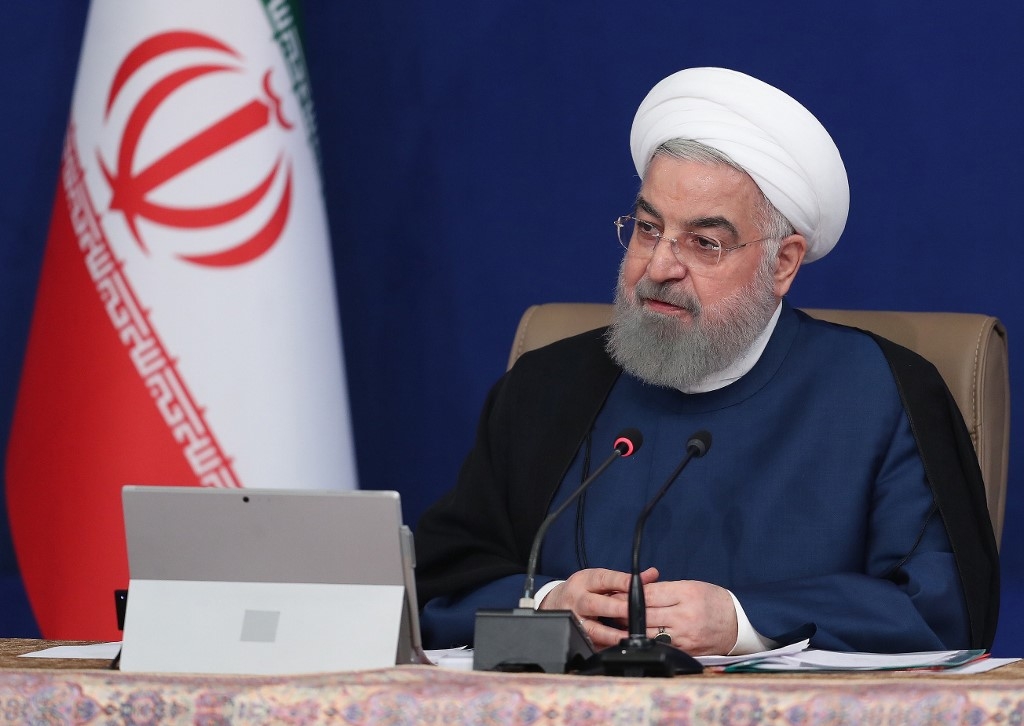
Iran is prepared to restore its former nuclear deal with world powers without further negotiations, President Hassan Rouhani says.
In a televised cabinet speech on Wednesday, Rouhani said that when US President Donald Trump withdrew from the multilateral nuclear deal, known as the JCPOA, in May 2018, he simply "scribbled on a piece of paper" - implying a move that could be immediately reversed.
“The next person can put up a nice piece of paper and sign it and it just needs a signature, we’ll be back where we were. It takes no time and needs no negotiations,” Rouhani said.
The Iranian president said that Iran would also be willing to work with other signatories - France, Germany, the United Kingdom, China and Russia - without US input, in order to restore the deal.
“And it’s not just about the US. The P4+1 can return to all their commitments and we will do the same,” he said.
Biden: 'It’s going to be hard'
US President-elect Joe Biden has said returning to the JCPOA is a foreign policy priority for his administration, but likely plans to renegotiate the deal's terms and extend some of its deadlines.
Asked whether he stands by his previous call for a mutual return to the pact, in an interview with the New York Times earlier this month, Biden said: "It’s going to be hard, but yeah."
"In consultation with our allies and partners, we’re going to engage in negotiations and follow-on agreements to tighten and lengthen Iran’s nuclear constraints, as well as address the missile programme," he said.
Since Trump pulled out of the Obama-era deal three years after its establishment, his administration has been piling sanctions on the Iranian economy as part of its "maximum pressure" campaign.
After Tehran tried and failed for a year to garner enough European powers to convince the Trump administration to ease up on its Iran pressure campaign, the country began to downgrade some of its commitments to the agreement, moving out of compliance with the deal.
Since the JCPOA withdrawal, hostility has been on the rise between the two countries and their regional allies. Early in 2020, Washington and Tehran came to the verge of war after a US air strike in Baghdad killed top Iranian general Qassem Soleimani.
Tensions have continued to be strained, particularly after the recent assassination of Iranian nuclear scientist Mohsen Fakhrizadeh. Iran has blamed the US and Israel for coordinating the assassination.
Although Israel has not commented on Fakhrizadeh's killing, a senior official in the Trump administration told US media that the Mossad, Israel's external intelligence agency, was behind the operation. The US has denied involvement.
Late last month, Special Envoy for Iran Elliott Abrams said Iran should expect new US sanctions related to arms, weapons of mass destruction and human rights to be piled on throughout December and January as the Trump administration prepares to exit the White House.
Middle East Eye propose une couverture et une analyse indépendantes et incomparables du Moyen-Orient, de l’Afrique du Nord et d’autres régions du monde. Pour en savoir plus sur la reprise de ce contenu et les frais qui s’appliquent, veuillez remplir ce formulaire [en anglais]. Pour en savoir plus sur MEE, cliquez ici [en anglais].


